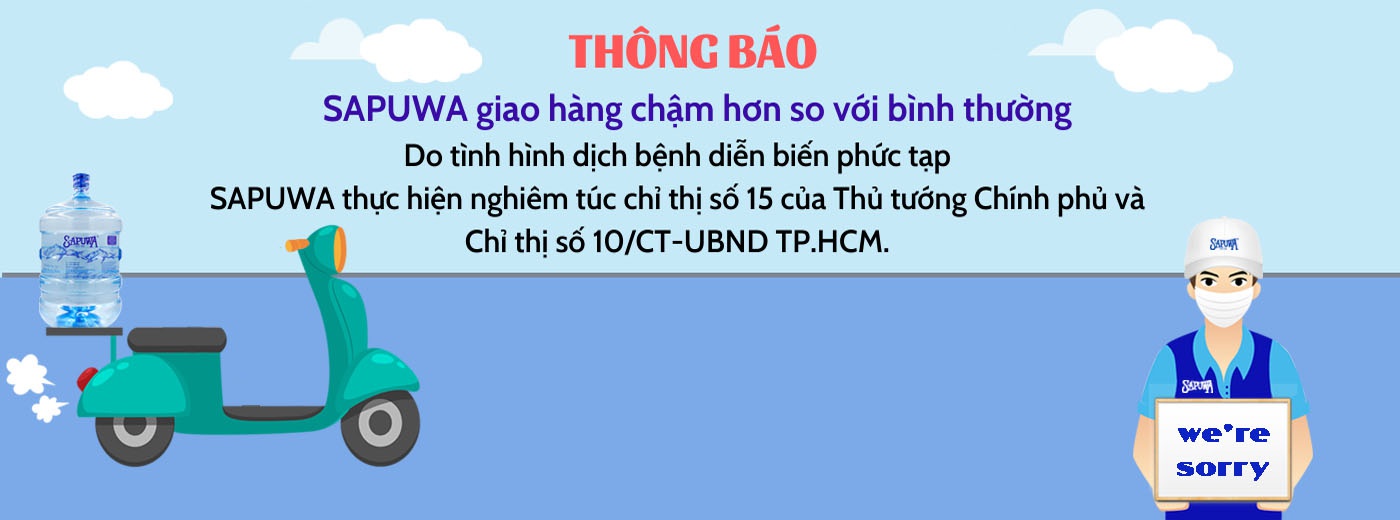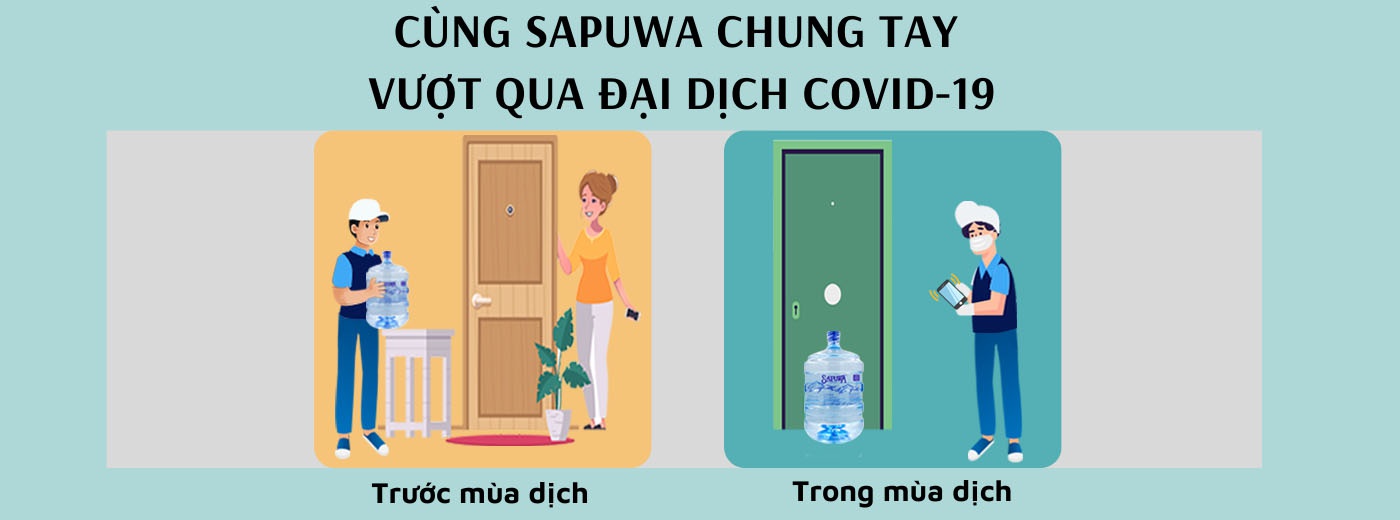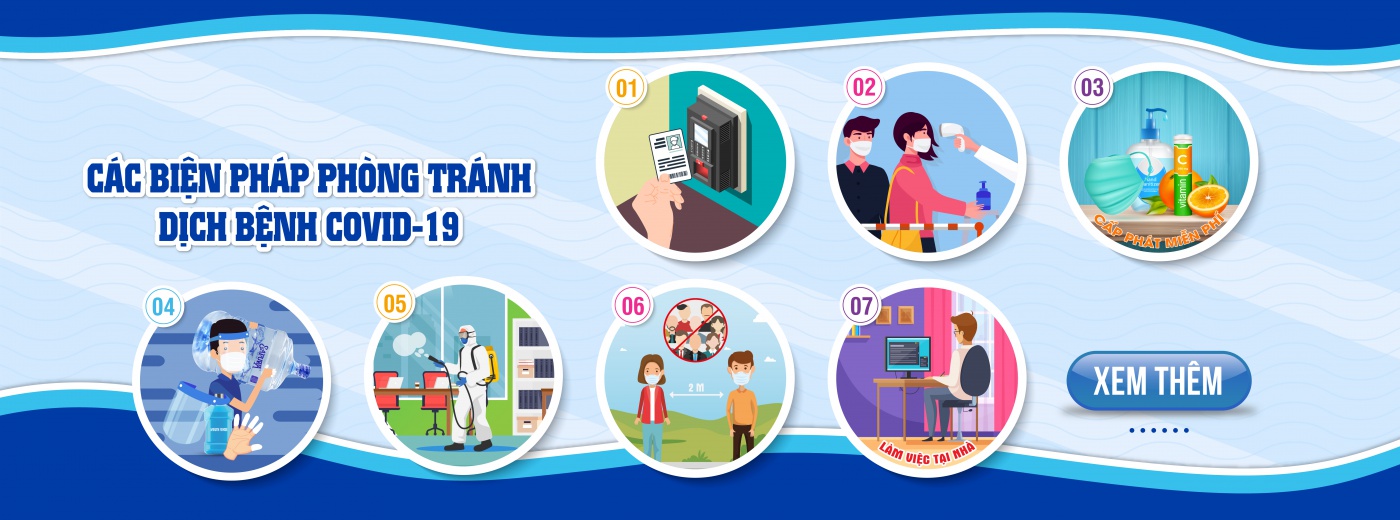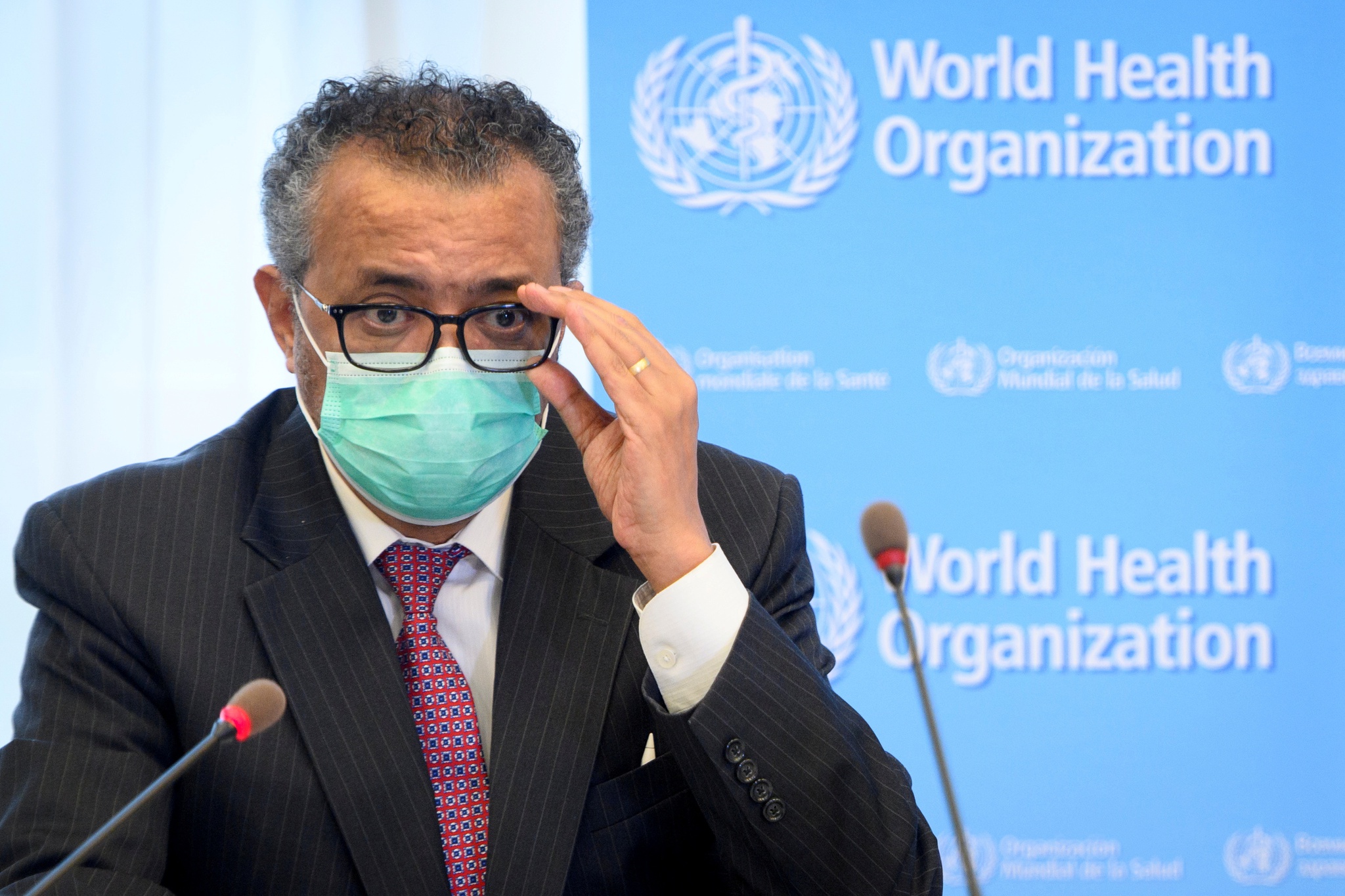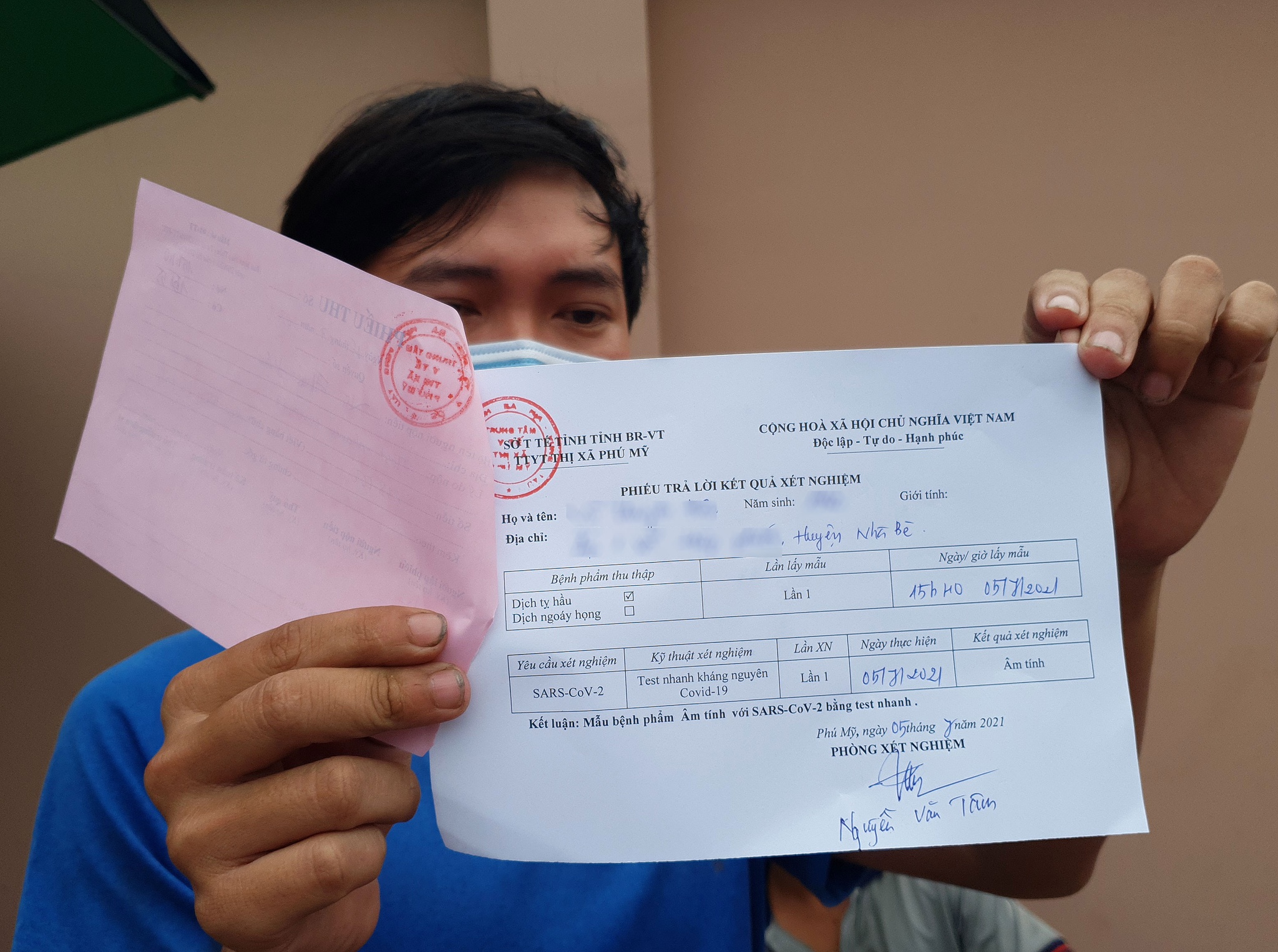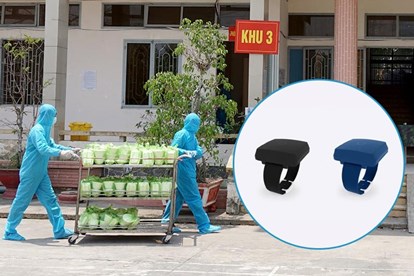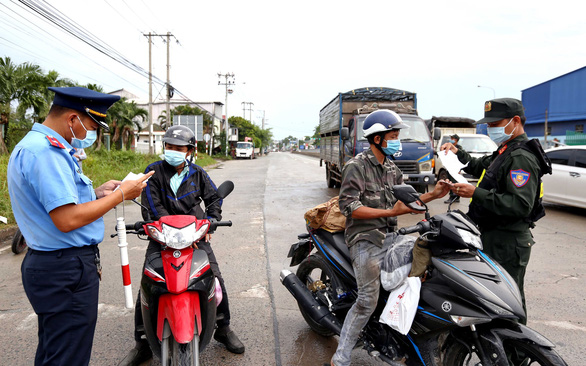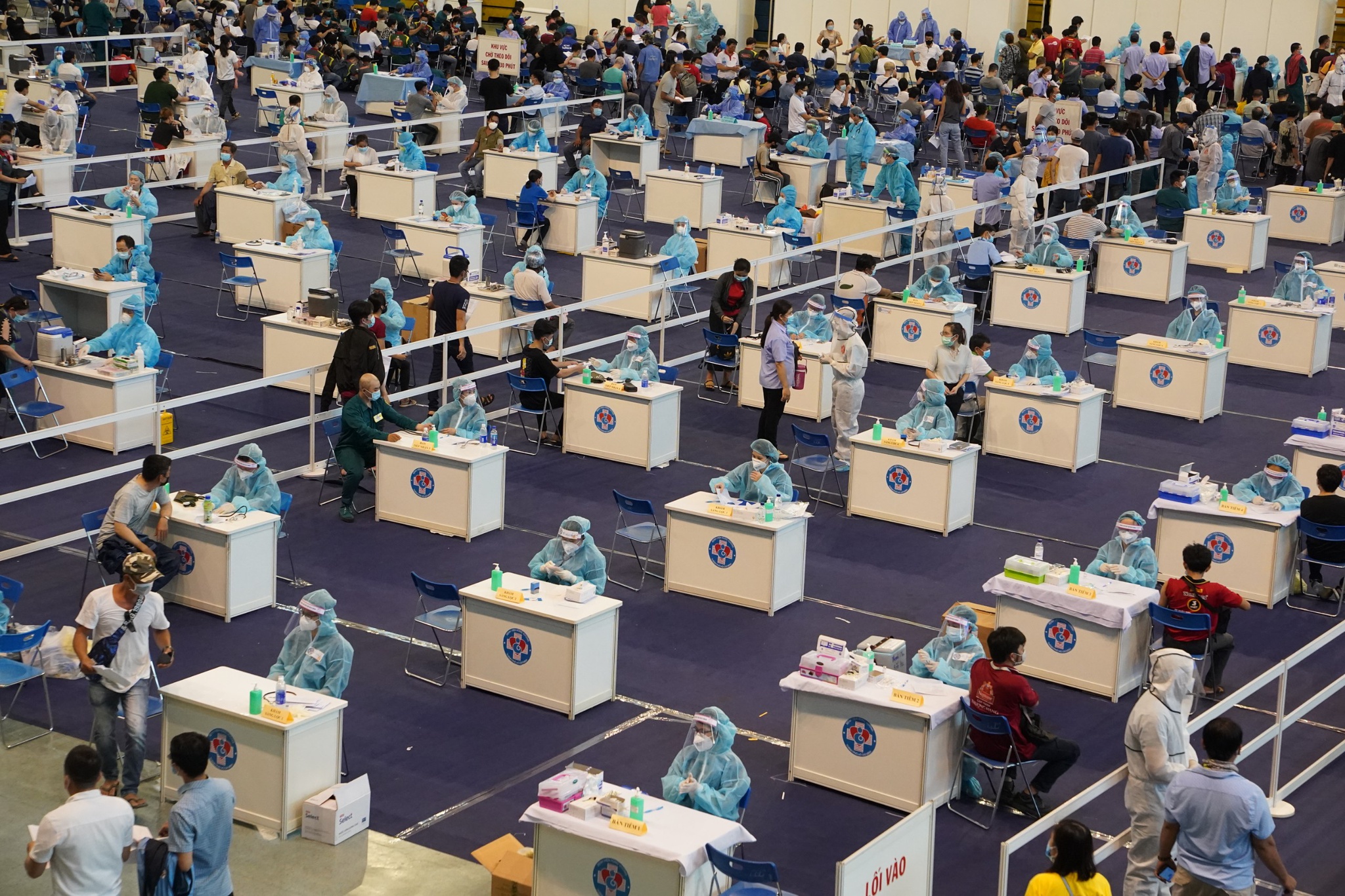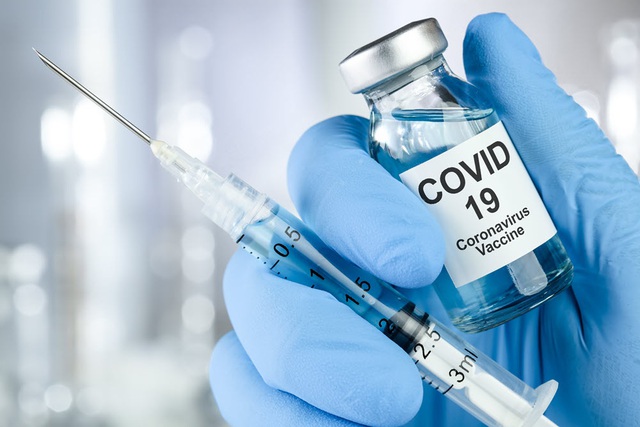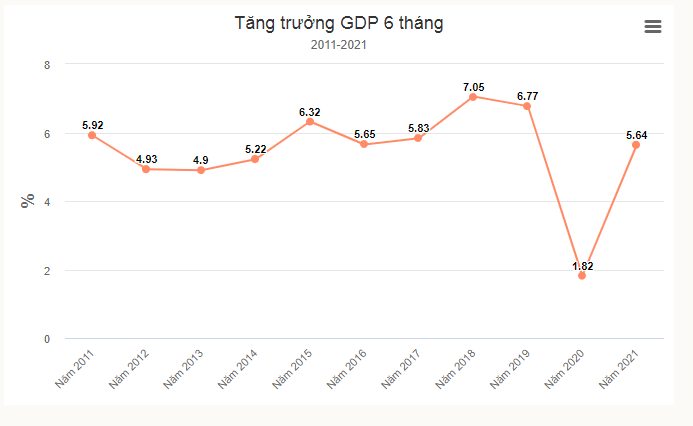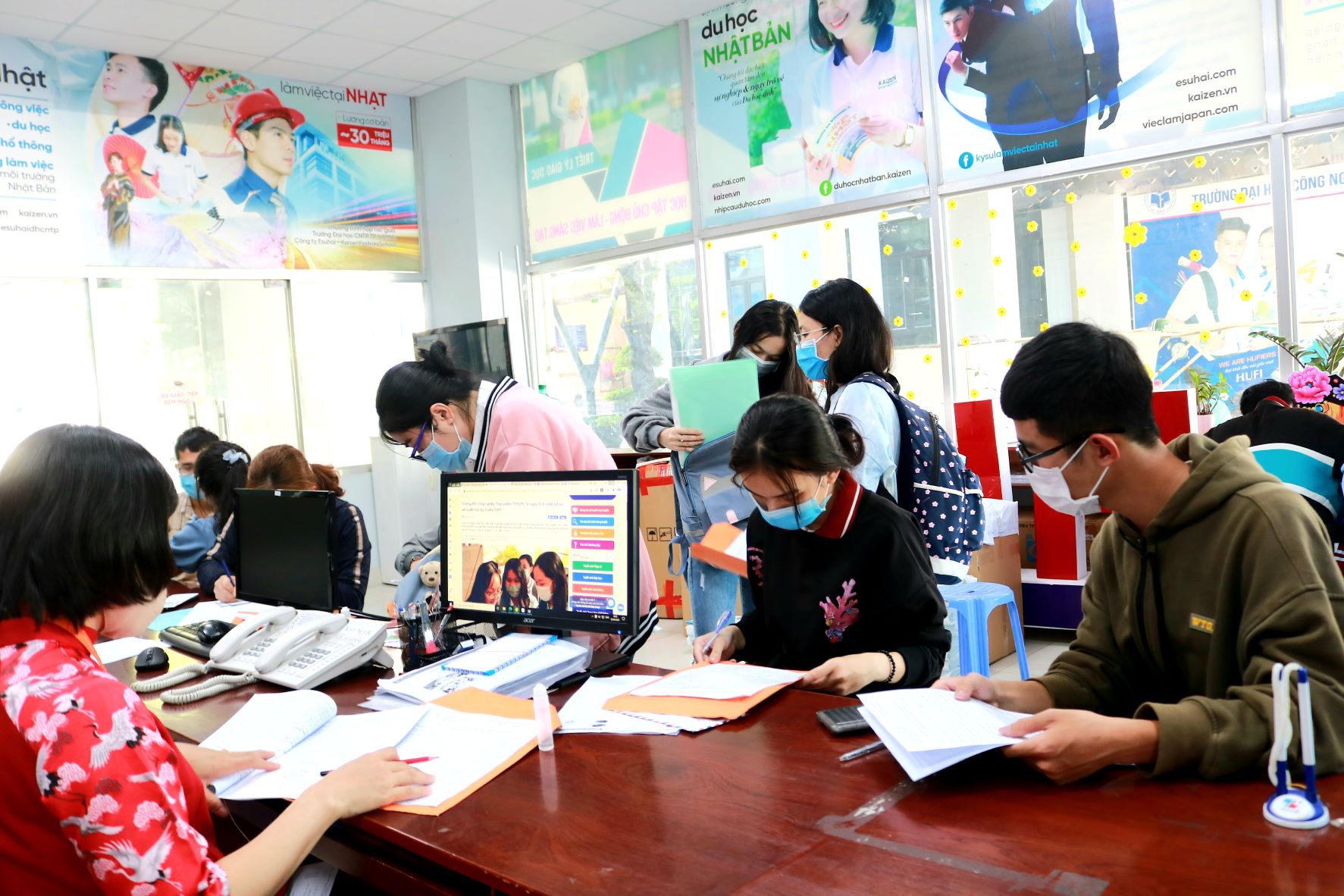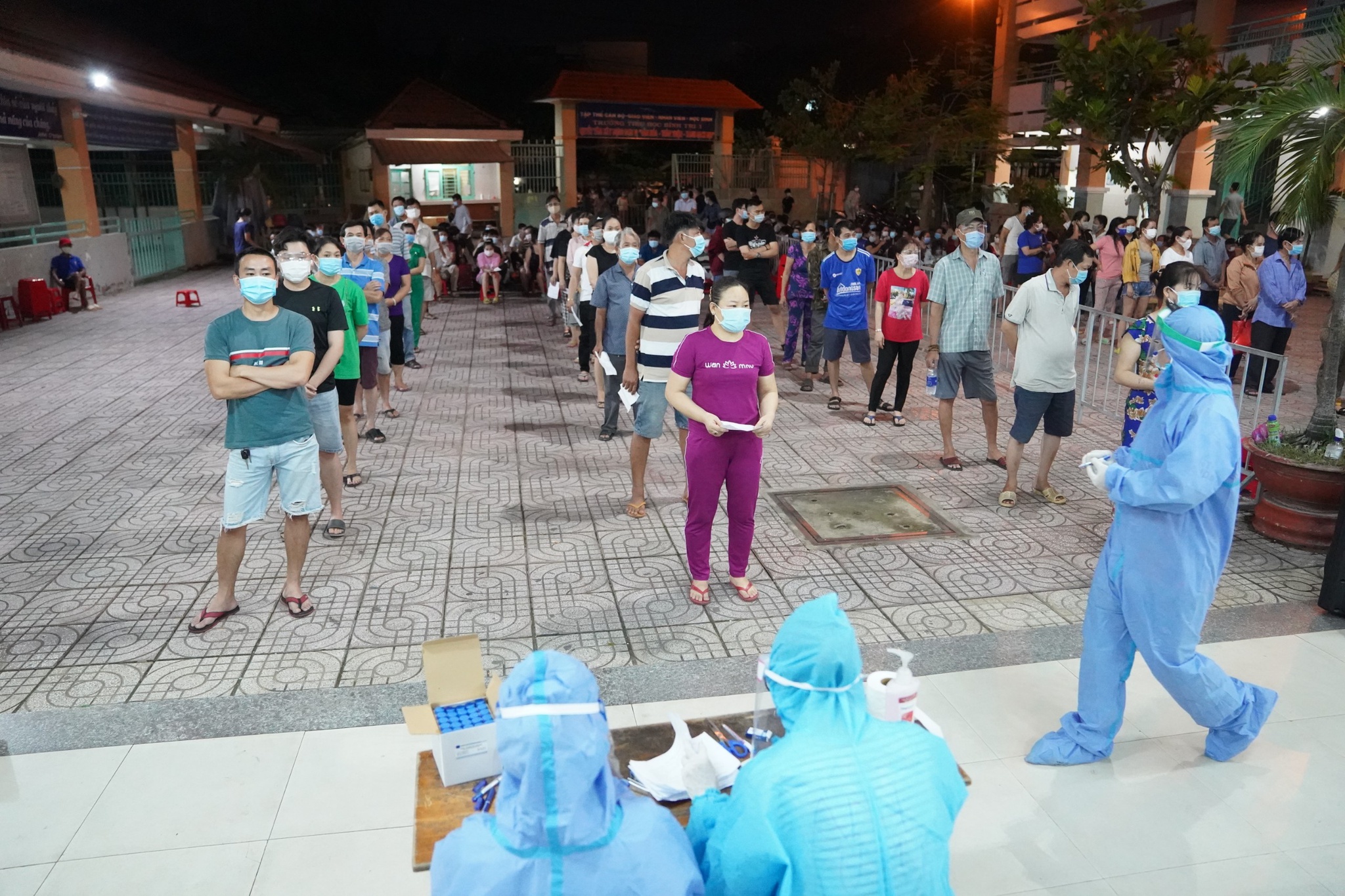THÔNG TIN SƯU TẦM

Here’s How to Clean Your Groceries During the COVID-19 Outbreak
The new coronavirus, SARS-CoV-2, has many people staying at home except for essential activities like seeking medical care, exercising, walking their dog, or shopping for groceries.
You can reduce your risk of exposure to COVID-19 whenever you leave your house by taking precautions such as practicing social distancing and washing your hands thoroughly and often.
Shopping for groceries, though, carries extra risk.
Not only are you near other people, but many of the products you’re buying have probably been handled by others — and possibly sneezed or coughed on.
This doesn’t mean you should give up on trips to the supermarket. That’s not really a viable option for most of us.
But you can take a little extra care when handling your groceries to avoid spreading the virus to other people and surfaces in your house.
Experts have advise about how to clean your groceries. Marco Bello/Anadolu Agency via Getty Images
How big of a risk are groceries?
Charlotte Baker, DrPH, MPH, an assistant professor of epidemiology at Virginia-Maryland College of Veterinary Medicine in Blacksburg, Virginia, said your biggest risk at the supermarket is coming into close contact with another person who’s sick.
That’s why it’s important to stay at least 6 feet from other people at all times.
“Do not be afraid to ask others to step back if they are too close to you in line,” said Baker. “Or wait a few moments to grab something if others are already by the item you want.”
It’s not clear, though, how much of a role produce and food packaging plays in transmitting the virus that causes COVID-19.
Still, the World Health OrganizationTrusted Source says that in addition to close person-to-person contact, people can pick up the virus by touching contaminated surfaces and then touching their eyes, nose, or mouth.
Some surfaces may pose a bigger risk than others.
A recent study in the New England Journal of Medicine found that the virus was detectable on plastic and stainless steel for up to 72 hours, and on cardboard for up to 24 hours.
Baker said when you’re at the supermarket, you should “assume all surfaces everywhere have been touched by someone who is sick.”
This includes produce and packaged foods.
“Touch just the items you intend to buy, wipe down the cart or basket handles with disinfectant wipes, and wash your hands or use hand sanitizer when you’re done,” she said.
Baker added that many people are also reducing their potential exposure by using curbside pick-up or at-home delivery. Even local food producers are offering these services.
“Some farmers markets are allowing customers to preorder foods so they are already packaged when you come pick them up,” she said, “reducing the amount of time that you need to be near other people and reducing the amount of items that you can touch.”
Cleaning your groceries at home
Whichever way you get your groceries, you’ll want to handle them carefully when you get them home. This will reduce the chance of spreading the virus to other people or surfaces in your house.
Elizabeth L. Andress, PhD, a professor of foods and nutrition at the University of Georgia, said at the very least you should wash your hands after unpacking and putting away your groceries.
If you’re concerned about potential contamination on your groceries, you can take additional steps to protect yourself.
“Some people may choose to wipe or wash cans and boxes of food before storing them to reduce possible virus content,” said Andress. You can also throw out disposable packaging.
When you’re done, she suggests that you wash any tables, countertops, or other surfaces that were touched by your groceries or grocery bags.
And wash your hands again.
The Centers for Disease Control and Prevention (CDC) offers advice for cleaning and disinfecting your homeTrusted Source during the pandemic, including which cleaners work best against SARS-CoV-2.
If you’re using cloth bags, wash them with laundry soap in a washing machine and dry them thoroughly before reusing them.
Cleaning food like a surgeon
If you or someone in your household is at higher risk for severe illnessTrusted Source from COVID-19, you might want to adopt the modified “sterile technique” recommended by Dr. Jeffrey VanWingen, a family physician practicing in Grand Rapids, Michigan, in this YouTube video.
VanWingen said that one option is to leave your groceries in your garage or porch for at least 72 hours to allow the virus to become inactive.
This isn’t possible for many people. For them, he suggests the “sterile technique.” You can also do this after letting your groceries sit outside for 72 hours.
A key part of VanWingen’s method is setting up a cleaning station to avoid contaminating your food or other surfaces in your house.
After that, it involves wiping down all packaging with a disinfectant before putting your groceries away. You can also discard packaging and transfer the food to a clean bag or container.
For fruits and vegetables, VanWingen suggests scrubbing them for at least 20 seconds with soap and water.
Andress cautions that the Food and Drug AdministrationTrusted Source doesn’t recommend using soap when cleaning produce because of the risk of ingestion.
So if you choose to use soap and water on your fruits and vegetables, rinse them completely with clean water before storing.
Taking these precautions with your groceries can help you lower your chance of being exposed to the virus.
If you do get sick, you’ll need to take extra care in order to protect your familyTrusted Source.
“If someone in your household is confirmed positive with COVID-19, showing symptoms of the disease, or awaiting the results of a test, they should take extra cleaning and disinfection steps around the home,” said Andress.
Source: cnet.com
Collected by My Nguyen
Tổng giám đốc WHO: Chưa thể loại trừ khả năng Covid-19 rò rỉ...
Người đứng đầu Tổ chức Y tế Thế giới (WHO) ngày 15.7 cho biết vẫn còn quá...
Một tuần đi qua
Vậy là đã qua được một tuần cách ly toàn TP.HCM theo chỉ thị 16
Khổ vì giấy xét nghiệm Covid-19
Ngày 5.7, tại cuộc họp trực tuyến của Ban Chỉ đạo quốc gia phòng, chống...
TP.HCM đề xuất giám sát người cách ly tại nhà bằng thiết bị...
Sở Thông tin và truyền thông TP.HCM vừa có văn bản đề xuất UBND TP.HCM về...
Không 'đóng cửa' nhưng sẽ kiểm soát chặt chẽ người ra vào...
TP.HCM không đóng cửa hay phong tỏa nhưng sẽ kiểm soát chặt chẽ người ra vào...
TP.HCM: Chiến dịch tiêm 836.000 liều vắc xin Covid-19 kết thúc hôm...
Tính đến hết ngày 29.6, TP.HCM đã tiêm trên 805.000 liều vắc xin Covid-19 trong...
Tại sao 'gánh' dịch, kinh tế vẫn tăng trưởng gấp ba cùng kỳ
Con số GDP 6 tháng tăng 5,64% khiến giới phân tích bất ngờ bởi 2 quý vừa qua,...
Đề nghị Astra Zeneca chuyển cho Việt Nam 10 triệu liều vaccine
Lãnh đạo Chính phủ đề nghị Công ty AstraZeneca tạo mọi điều kiện thuận...
Dịch Covid-19 lan mạnh: Không thi mà xét tốt nghiệp, trường ĐH...
Trước những mong muốn của thí sinh, phụ huynh tổ chức xét tốt nghiệp thay vì...
Dịch vẫn lan nhanh, TP.HCM cần thêm 'thuốc mới'?
Số ca nhiễm tại TP.HCM vẫn tăng lên, ở mức 3 con số mỗi ngày, dù đa số ở...
Trưởng đại diện WHO tại Việt Nam: Người dân TP.HCM hãy tuân...
Theo TS Kidong Park, vai trò của vắc xin trong việc kiểm soát ổ dịch cấp tính còn...
344567942350826358571066.jpg&w=1400&h=520)
522608805487.jpg&w=1400&h=520)
